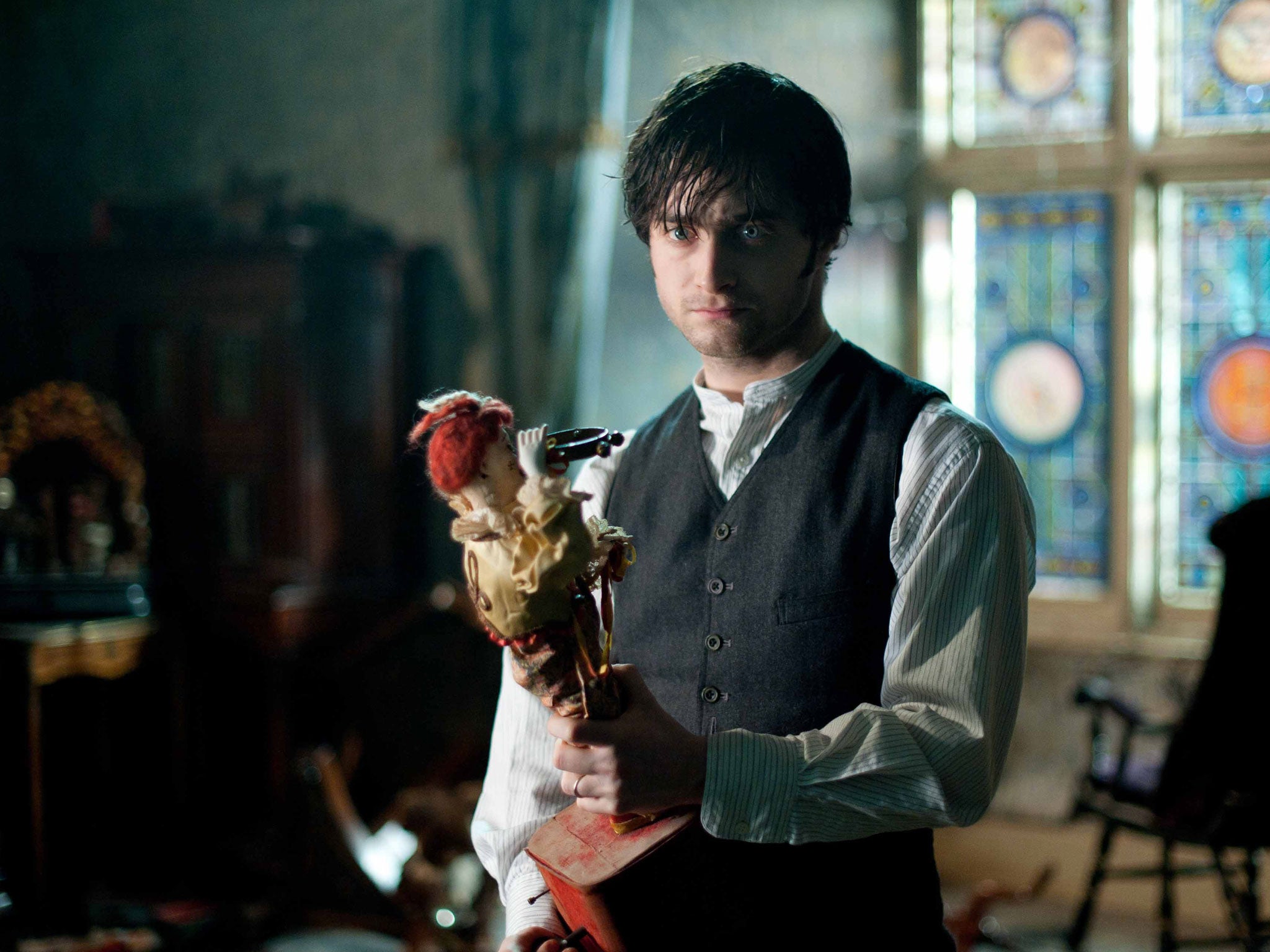British Board of Film Classification to rewrite its guidelines after recent complaints
Censors will address the psychological impact of horror, that context of strong language and sexual content in films

Film censor the British Board of Film Classification (BBFC) has rewritten its guidelines with a view to addressing the “psychological impact of horror”.
The new rules, implemented next month, were driven largely by the number of complaints made over the Daniel Radcliffe chiller The Woman in Black two years ago. The ghost story, which was awarded a 12A certificate, prompted 134 complaints, the largest number in 2012.
In 2011, the most complained-about rating was the 15 certificate given to Oscar-winning psychological thriller Black Swan, which featured scenes of self-harm. BBFC assistant director David Austin told the BBC that filmgoers were increasingly concerned over the “tone” and “theme” of horror movies, as well as the amount of gore.
Classification chiefs are also expected to be more stringent on strong language in films aimed at family audiences. It will also be more “flexible” towards films classified 15 after research showed that context rather than frequency was key for viewers.
The BBFC will also pay further attention to sexual content after an extensive public consultation – involving around 10,000 people – showed there was concern about “the sexualisation of girls and pornography”, with the content of music videos and access to online porn said to be “special worries”.
Join our commenting forum
Join thought-provoking conversations, follow other Independent readers and see their replies
Comments
Bookmark popover
Removed from bookmarks